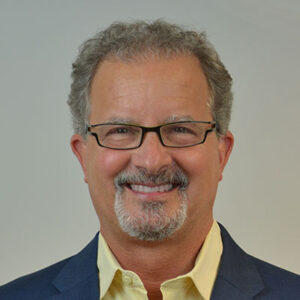Let’s start with the definition of power – ‘the ability to act in a particular way to influence others.’ Like most things in life, how we use power can either liberate or sabotage us. You can use power or abuse power. And that’s the difference between healthy and unhealthy bosses.
Many of us are afraid of the concept of power. It often conjures up images of autocrats and control freaks like the manipulative lead characters on the Netflix series ‘House of Cards.’ Not wanting to be known as arrogant, controlling or too self-interested, we shy away from using our personal power in the world. We hold ourselves back, don’t always speak truth to others, and, as a result, never reach our full potential.
On the flip side of the continuum are people who are seduced by power. They love having control, believe they are better than other people, and abuse the power they have to get their way. As one executive reminded me, most leaders overestimate the power they have over people and underestimate the power they have on people.
Unfortunately, success often has a mysterious way of deluding us into believing our own PR. Research shows that as people move up inside organizations, they believe they are more personally responsible for the positive results the company creates and tend to blame others when things go south. This is the seduction of power. It blinds, it deludes, and it sabotages.
Take Dennis Kozlowski, the ex-CEO of Tyco as an example. At one time the highest paid CEO in the country, he surrounded himself with extravagant jewelry, paintings, real estate, and holidays. Behind the curtain, he was looting the company for nearly $100 million and ended up serving 6 years in prison. As he told the New York Times on release, “I was a piggy, but I’m not that person anymore.”
In contrast, the best leaders use their personal power in positive ways. No doubt they are confident and ambitious, opinionated and high performing, yet they are humble enough to admit their mistakes and listen and learn from others.
Brian Cornell, the CEO of Target, comes to mind. I have known Brian for some time now and am struck by his confident humility. Unannounced and without fanfare or handlers, you can find him walking store aisles talking with shoppers about what they like and don’t like about the displays and products. Shoppers don’t even know he’s the CEO.
Leaders like Brian have the personal power to navigate around a politically charged board room and walk out the back door into a lunchroom and sit down with a store janitor and talk person-to-person about their upcoming weekends. He’s the kind of leader you call a mensch!
Here are a few tips I’ve learned along the way about using power:
- Personal power is grounded in healthy narcissism. Know yourself, be yourself, love yourself. Speak your mind, stand up for your values, and remember that no one can ever take away who you are as a person.
- Always remember that as you move up in the world, be true to yourself and be generous in sharing your power. Cultivating personal power in others will enhance your own prestige and power.
- Make sure you have someone in your life who can tell you it’s time to take out the trash. I’m not suggesting anything along the lines of Fifty Shades of Grey, but a mirror and a whip can go a long way in keeping us grounded!
Dr. Robert Rosen is founder and CEO of Healthy Companies and author of Conscious: The Power of Awareness in Business and Life. At Healthy Companies, we believe that growth and success lie at the intersection of the personal and the business dimensions of organizational life. Our mission is to help CEO’s and executive teams build healthy, high performing companies through our consulting services, executive coaching and learning solutions.
*Original article published in Developing Leaders Quarterly issue: 18:2015 titled The Psychology of Managing Trust. Read more at http://iedp.com/.







